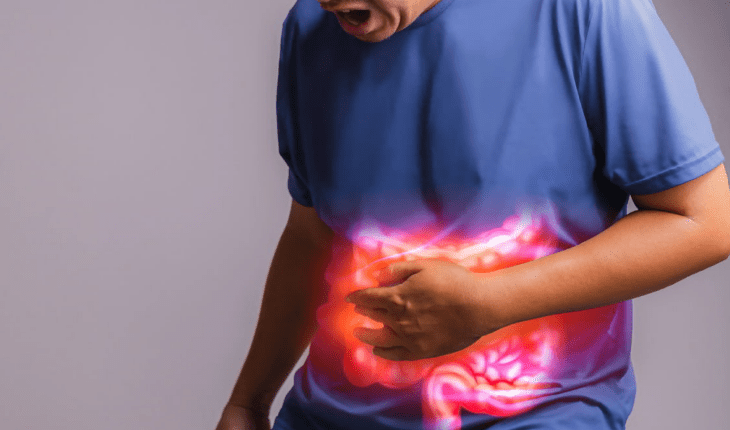Reasons for Hyperacidity: Understanding the Causes
Hyper acidity, also known as acid reflux or gastroesophageal reflux disease (GERD), occurs when the stomach produces excessive acid, leading to discomfort such as heartburn, bloating, or nausea. While it may seem like a minor issue, understanding the reasons behind hyperacidity is essential for prevention and effective management.
1. Unhealthy Eating Habits
- Spicy and Fatty Foods: Consuming foods high in spices, oil, or fat stimulates acid production in the stomach.
- Irregular Eating Patterns: Skipping meals or overeating disrupts digestion, triggering excessive acid secretion.
- Processed and Junk Foods: foods with high preservatives and artificial additives can irritate the stomach lining.
2. Lifestyle Choices
- Stress: Chronic stress increases the production of gastric acid, leading to hyperacidity.
- Lack of Physical Activity: A sedentary lifestyle slows digestion, causing acid buildup in the stomach.
- Smoking and Alcohol: Both irritate the stomach lining and weaken the lower esophageal sphincter, allowing acid to rise.
3. Underlying Medical Conditions
- Hiatal Hernia: This condition occurs when part of the stomach pushes into the chest, leading to acid reflux.
- Helicobacter pylori Infection: This bacterial infection can cause inflammation and excess acid production.
- Delayed Gastric Emptying: A slow digestive system can lead to acid buildup in the stomach.
4. Medications and Supplements
- Painkillers: Nonsteroidal anti-inflammatory drugs (NSAIDs) can irritate the stomach lining, causing acidity.
- Calcium or Iron Supplements: These may lead to gastric irritation if taken on an empty stomach.
5. Dietary Triggers
- Caffeine and Carbonated Beverages: These relax the esophageal sphincter, allowing acid to escape.
- Citrus Fruits and Tomatoes: Their high acidity levels can exacerbate symptoms.
- Chocolate and Mint: These are known to relax the esophageal sphincter, increasing acid reflux risk.
Preventing hyperacidity
- Eat balanced meals at regular intervals and avoid overeating.
- Manage stress through relaxation techniques like yoga or meditation.
- Limit intake of spicy, fatty, or processed foods and beverages like alcohol and caffeine.
- Exercise regularly to maintain a healthy digestive system.
- Consult a doctor if symptoms persist or worsen, as prolonged hyperacidity can lead to complications like ulcers or GERD.


